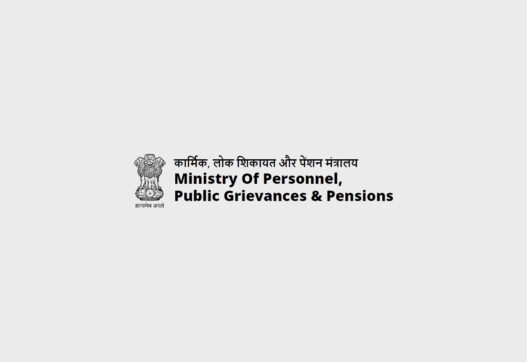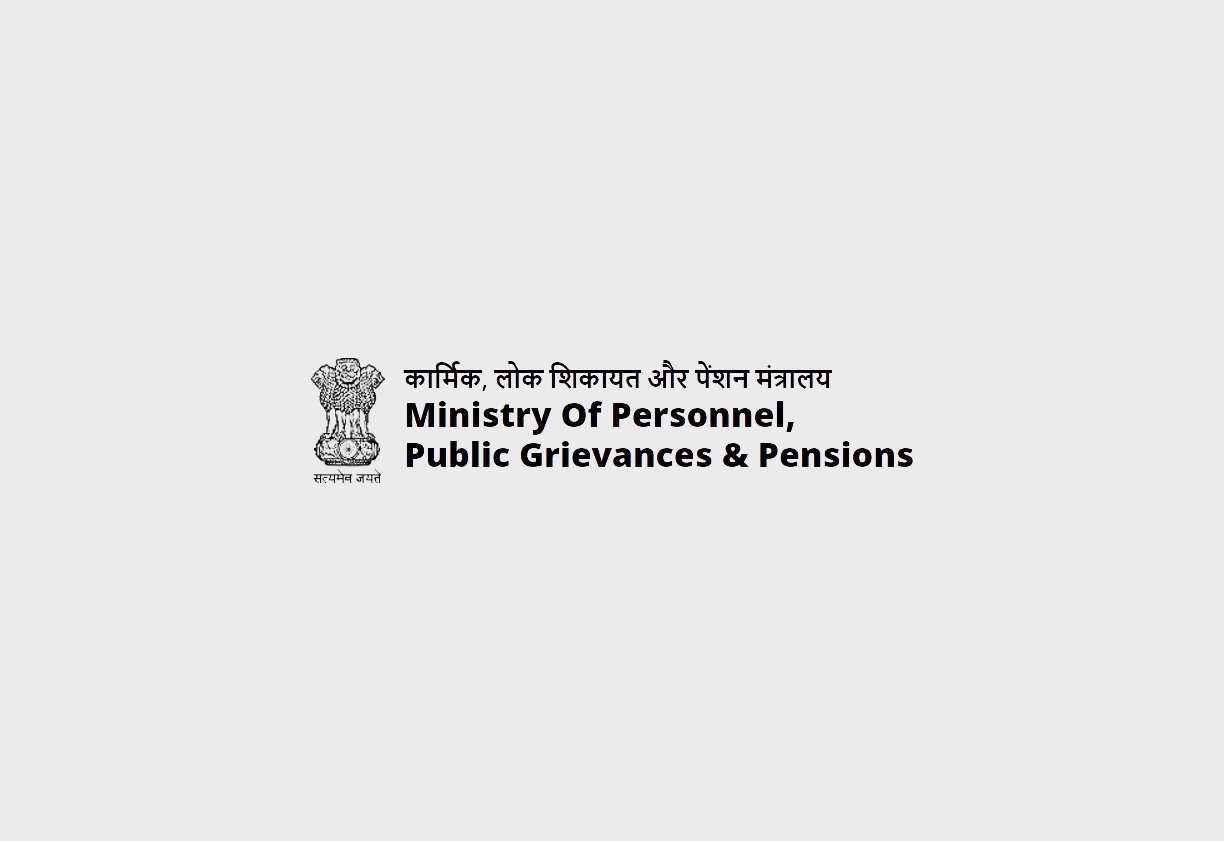Ministry of Personnel, Public Grievances and Pensions
The Lokpal and Lokayuktas Act, 2013, was enacted to provide for the establishment of a body of Lokpal for the Union and Lokayukta for States to inquire into allegations of corruption against certain public functionaries and for matters connected therewith or incidental thereto. This act aims to create an independent anti-corruption ombudsman at the national level and in the states. While the Act does not specify a particular ministry, it falls under the purview of the Ministry of Personnel, Public Grievances and Pensions in India, as it deals with matters related to anti-corruption and public service.
Enactment Date, Number of Chapters, Number of Sections:
The Lokpal and Lokayuktas Act, 2013, was enacted on January 1, 2014. The Act is structured into 3 parts, 12 chapters, and 63 sections, along with a schedule. These sections cover various aspects of the Lokpal and Lokayuktas, including definitions, establishment, jurisdiction, powers, procedure, and miscellaneous provisions.
Act Governed By:
The Act is primarily governed by the provisions outlined within its sections. It establishes the Lokpal for the Union and mandates the establishment of Lokayuktas for States. It outlines the composition, jurisdiction, powers, and procedures of these bodies, as well as the process for inquiry, investigation, and prosecution of corruption cases.
On Whom It Is Applicable:
The Lokpal and Lokayuktas Act, 2013, is applicable to public servants in and outside India, as defined in the Act. This includes the Prime Minister, Ministers, Members of Parliament, Group A, B, C, and D officers and officials of the Central Government, and other public functionaries. It also applies to those who are alleged to be involved in abetting, bribe giving, or bribe taking related to corruption.
Penalties/Punishments:
The Act does not specify penalties or punishments for non-compliance by public servants. However, it empowers the Lokpal to recommend action against public servants found guilty of corruption. It also provides for penalties for false complaints and for those who fail to comply with the orders of the Lokpal.
Important Pointers:
-
The Act establishes the Lokpal as an independent body to inquire into allegations of corruption against public functionaries.
-
It mandates the establishment of Lokayuktas in States.
-
The Lokpal has jurisdiction over the Prime Minister, Ministers, Members of Parliament, and various categories of public servants.
-
It outlines the procedures for preliminary inquiry, investigation, and prosecution of corruption cases.
-
The Act empowers the Lokpal to direct the Central Bureau of Investigation (CBI) and other agencies to conduct investigations.
-
It provides for the protection of action taken in good faith by public servants and others acting under the Act.
-
The Act ensures that the Lokpal and Lokayuktas are independent and autonomous bodies.
-
It emphasizes the importance of transparency and accountability in public service.
-
The Act has been amended over time to adapt to changing needs and circumstances.
-
The Act empowers the Lokpal to recommend transfer or suspension of public servants connected with allegations of corruption.
Act Copy:




